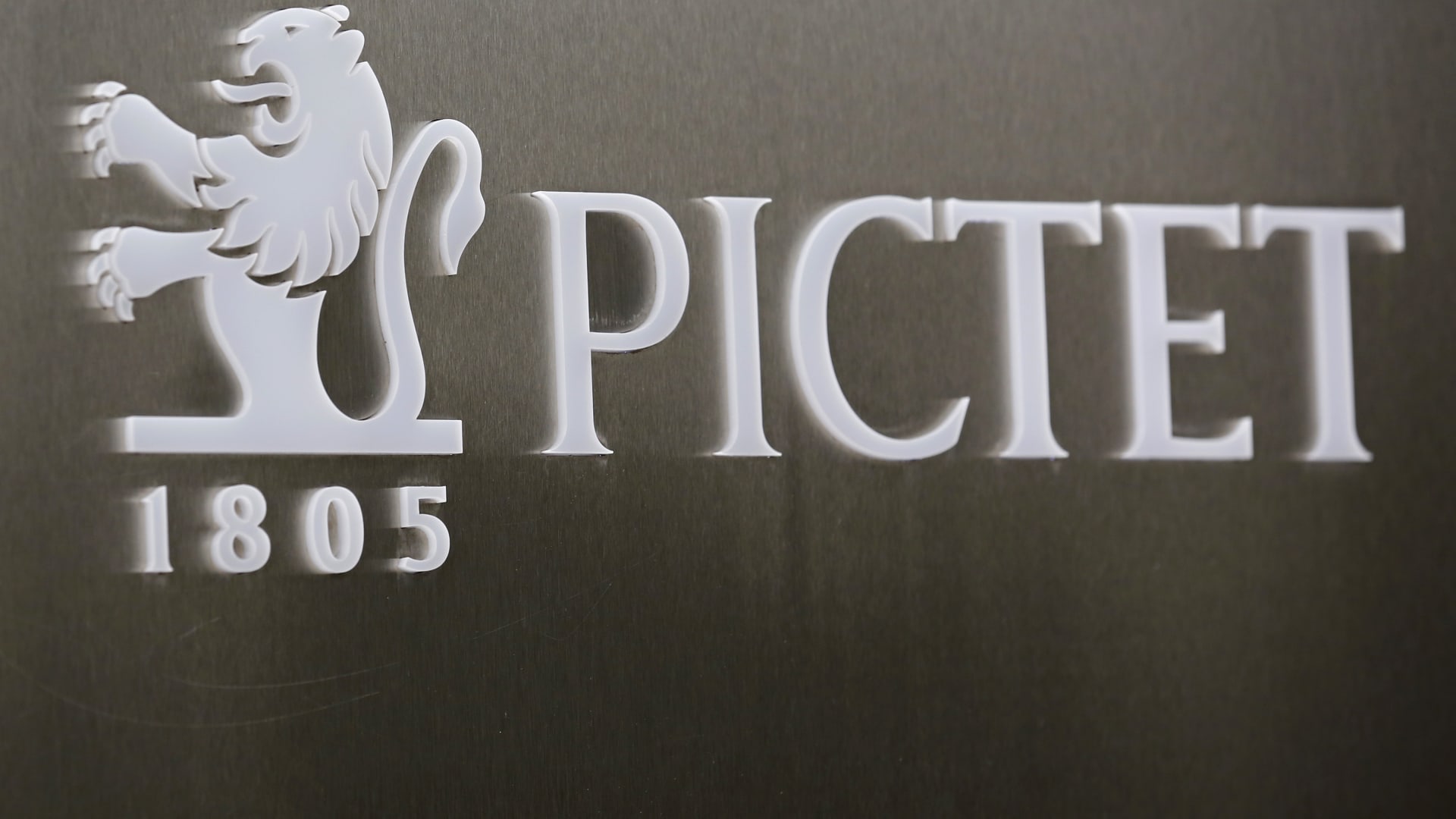Swiss Bank to Pay $122.9 Million for Hiding $5.6 Billion from IRS
Geneva-based Banque Pictet & Cie SA has admitted to conspiring with U.S. taxpayers to hide over $5.6 billion from the Internal Revenue Service. The private banking division of the 218-year-old Pictet Group will pay about $122.9 million in restitution and penalties as part of an agreement with prosecutors.
Between 2008 and 2014, the bank had 1,637 accounts on behalf of American clients, who collectively evaded approximately $50.6 million in U.S. taxes. The bank held more than $5.6 billion of the roughly $20 billion in total assets from U.S. taxpayers during that period.
The Justice Department has agreed to defer prosecution for three years and then dismiss a charge of criminal conspiracy to defraud the IRS if the bank complies with the terms of its deal. The bank has also agreed to cooperate with ongoing investigations into hidden bank accounts.
U.S. Attorney for the Southern District of New York Damian Williams stated, “Rooting out financial malfeasance remains a priority for this Office. We encourage companies and financial institutions to come to us to report wrongdoing before we come to you.”
The Pictet Group said in a statement that the deal follows its “extensive cooperation with the US authorities, in full compliance with Swiss law.” The bank helped clients evade U.S. taxes by opening, maintaining, and concealing undeclared accounts for them, according to prosecutors.
The bank used various methods to hide those accounts, including holding clients’ account-related mail at the bank and forming offshore entities with no business purpose but existed solely to help U.S. taxpayer-clients hide their offshore accounts and assets from U.S. tax authorities.
The group also helped the tax-evading clients keep undeclared money offshore by transferring funds from undeclared accounts to accounts that appeared to be held by non-U.S. clients. Those accounts were still effectively controlled by the U.S. taxpayer-clients through “fictitious donations,” according to the DOJ.

I have over 10 years of experience in the cryptocurrency industry and I have been on the list of the top authors on LinkedIn for the past 5 years. I have a wealth of knowledge to share with my readers, and my goal is to help them navigate the ever-changing world of cryptocurrencies.











